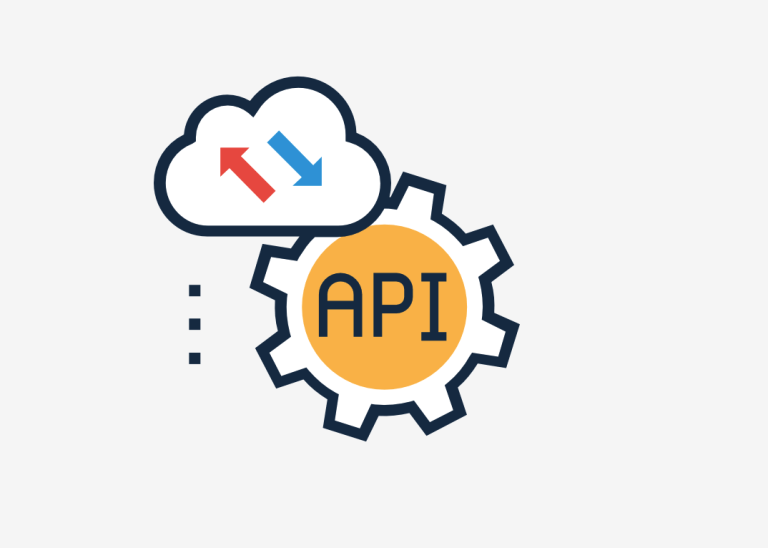There are many things to consider when applying for a job. You need to make sure you have everything you need to hand in the application form and CV, and that you have double-checked your spelling and grammar so that nothing stands out as an error when being reviewed. More and more, employers are asking for comprehensive pre-employment background checks to be completed for all new hires. It is becoming more important that you ensure your references and referees are happy for them to be contacted, especially if they’re not your current employer or manager but someone else who can attest to your character over time.
The pre-employment check is something that most people are aware of and prepare for.
The pre-employment check is something more people are becoming aware of. Employers undertake these checks as a risk management exercise to test if you are a good fit for the company by verifying your credentials, to make sure you are a good fit for them.
The process is usually very simple and involves simply uploading your key identification documents to a secure screening portal like probitypeople.com.au. Results are usually back on the same day but can take longer if your details need additional checking.
This is especially true for candidates who have previously been through an applicant vetting process.
If you are a candidate who has previously been through an applicant vetting process, then this is especially true for you. You will know what to expect and how to prepare for it.
You’ll have already been asked all of the standard questions about your employment history, education, skills and experience. You’ll have had to supply references (and hopefully they were good ones).
What many people do not know is that there are actually two parts to the pre-employment check.
There are actually two parts to the pre-employment check. The first part is the candidate’s own investigation, where they will look through your social media profiles and search for information on you. The second part is when companies hire an investigation company to do a background check on potential employees.
The candidate’s own investigation is usually done by searching through your LinkedIn profile and checking out any information that may be available on other sites such as Facebook or Twitter too! They want to know if there are any red flags that might indicate that you’re not reliable or trustworthy enough for them to hire you.
The first part is the candidate’s own investigation, which they do themselves by way of their CV, application forms and other documents they send in with their application.
The first part is the candidate’s own investigation, which they do themselves by way of their CV, application forms and other documents they send in with their application. It’s important to make sure that your CV is up to date and that you have all the relevant information about yourself on there. You should also ensure that you have a good email address (perhaps one linked to your LinkedIn profile) as well as a phone number that is easy for potential employers or recruiters to contact you at.
Finally, it’s worth having a strong social media presence so that people can see what kind of person you are from these platforms too – this will help them get a better idea of whether they think they’d like working with someone like yourself before even meeting them face-to-face!
Your CV is the most important aspect of your application because it will be used by the person who is doing your background checks to determine if you have had any previous convictions or employment history gaps that may require further investigation.
For example, there are two places where you can make mistakes:
- Make sure all information is up-to-date (this includes references) and accurate. If there are any gaps in employment history, make sure these are explained clearly on your CV so that it does not raise suspicions when an employer looks at it during a pre-employment check.
- Include all relevant experience as well as education qualifications so that recruiters know exactly what kind of work experience and skillset they’re hiring for before making an offer.
It also gives them an indication of how reliable and honest you are going to be as an employee.
You should be honest and open about your past. This will give them an indication of how reliable and honest you are going to be as an employee. If there is something in your past that could cause problems for the company, then it’s best to speak up now before they find out later on.
If they ask questions about a criminal record or disciplinary issues, these should be answered truthfully but without going into great detail – employers are not interested in the details which would only serve as fodder for gossip among staff members!
If possible, try not to mention anything negative about previous employers (even if they were truly awful). It won’t help if someone thinks badly of them because of something that happened with another employer – this is just hearsay anyway!
make sure you do your research on the company before applying
Before you apply for a job, make sure you do your research on the company. You can find out a lot about potential employers by looking at their website, social media pages and other online sources. If there are any bad reviews about them then this could be an indication that it might not be the right place for you to work at and therefore it may be best not to apply there at all!
Conclusion
If you are considering applying for a job, then we would encourage you to do some research on the company and industry you are hoping to work for. This will help you make an informed decision about whether or not this is the right place for you to work and demonstrate that you have taken the process seriously enough to look into what it offers before applying.



